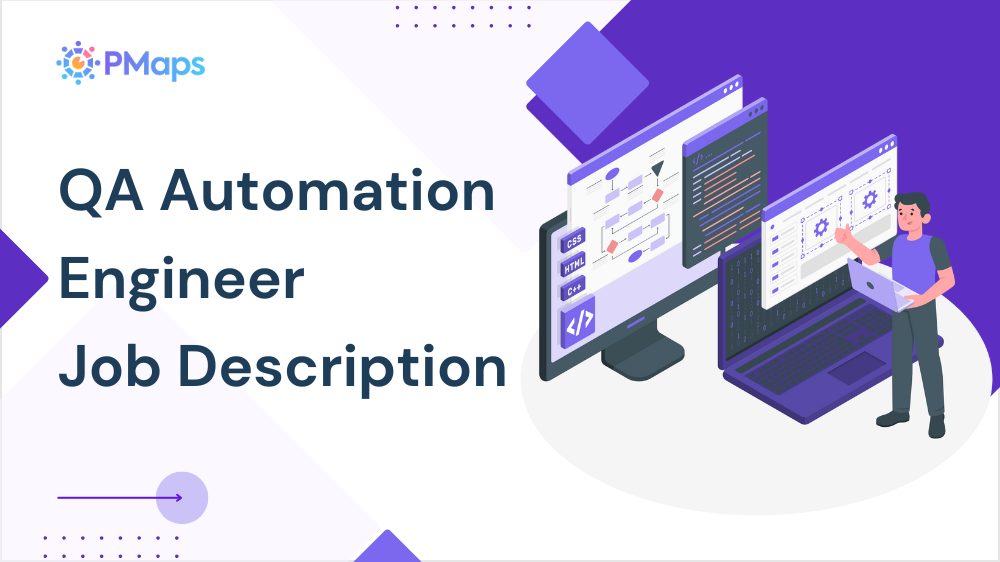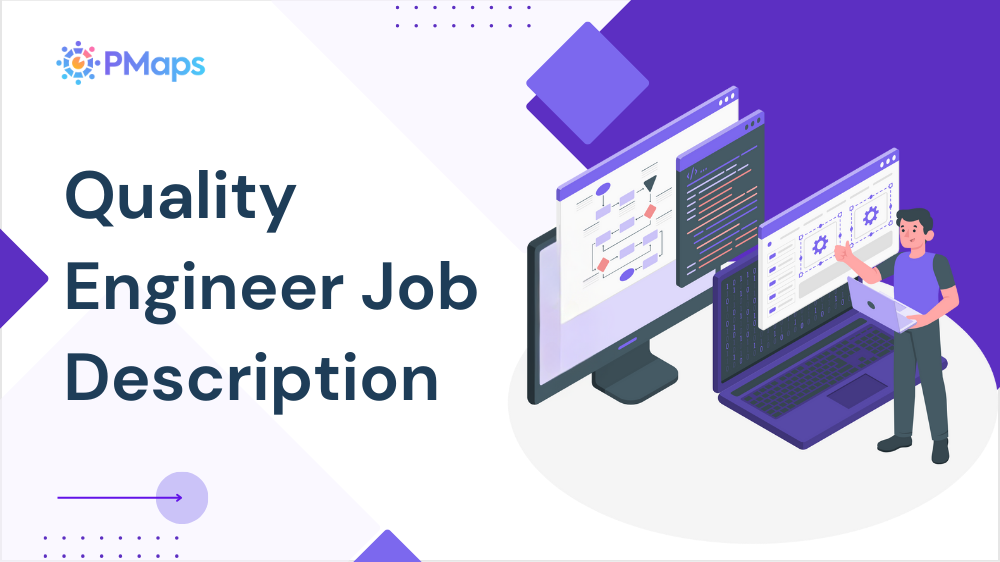
The QA Automation Engineer is responsible for designing, developing, and maintaining automated test frameworks to ensure the functionality, performance, and reliability of software products. This role collaborates closely with developers, QA analysts, and DevOps teams to identify automation opportunities and integrate testing into the CI/CD pipeline. The engineer is expected to bring a deep understanding of testing tools, scripting languages, and best practices for scalable test automation.
In addition to creating robust automation suites, the QA Automation Engineer analyzes test results, identifies root causes of defects, and works proactively to prevent recurrence. The role involves working in agile development environments and requires strong problem-solving abilities, attention to detail, and a passion for quality assurance. The goal is to accelerate release cycles while maintaining high standards of product quality and user experience.
Roles and Responsibilities of QA Automation Engineer
Beyond developing test scripts, this role involves critical thinking, active collaboration, and technical implementation. The QA Automation Engineer contributes to shaping testing strategy and ensures coverage across multiple product components and integration points.
Key responsibilities include:
- Build and maintain scalable, reusable test automation frameworks
- Collaborate with development teams to align on testable requirements
- Integrate automated tests into CI/CD pipelines for faster feedback
- Identify and document bugs with clear steps and logs
- Conduct root cause analysis for recurring issues
- Evaluate new tools and technologies for continuous test improvement
Ready to hire a bug-squashing automation expert? Put skills to the test with our QA Automation Engineer Assessment!

Objective of QA Automation Engineer
The QA Automation Engineer role focuses on driving quality and efficiency through automated testing solutions. It aims to reduce manual efforts, catch defects early, and support faster, more reliable releases across platforms. This is achieved through a mix of proactive planning and hands-on execution.
Key goals of the role include:
- Embedding automation in the development lifecycle
- Reducing test cycle time without compromising coverage
- Ensuring consistency across test environments
- Enhancing bug detection and prevention
- Supporting CI/CD for quicker release readiness
- Promoting scalable and maintainable test architecture
Qualifications and Skills of QA Automation Engineer
A QA Automation Engineer is expected to bring both technical expertise and analytical thinking to ensure quality at scale. The role demands a strong foundation in programming, testing tools, and automation practices, along with the ability to collaborate effectively across engineering teams.
Core qualifications and skills include:
- Bachelor's degree in Computer Science, Engineering, or related field
- Proficiency in scripting languages like Python, Java, or JavaScript
- Hands on experience with automation tools (e.g., Selenium, Cypress, Appium)
- Solid understanding of QA methodologies, testing types, and frameworks
- Familiarity with CI/CD tools like Jenkins, GitLab, or CircleCI
- Strong debugging, problem-solving, and documentation skills
Need help choosing the right questions for your next QA hire? Explore our QA Automation Engineer Interview Questions!
Perks and Benefits of QA Automation Engineer
The QA Automation Engineer role offers a tech-driven, quality-focused environment where precision and innovation are rewarded. Engineers are empowered with tools, autonomy, and collaboration to build robust automation systems that directly impact product excellence and release velocity.
Role-specific benefits include:
- Hands-on access to leading automation tools and frameworks
- Flexibility to experiment with new testing approaches
- Involvement in CI/CD and DevOps-driven workflows
- Mentorship from senior QA and development engineers
- Certification sponsorships in automation and quality tools
- Hybrid/remote work structure for better productivity
Tips for Employers to Craft an Effective QA Automation Engineer Job Description
An effective QA Automation Engineer JD should reflect a balance of technical depth, collaboration scope, and impact on the product lifecycle. Clear articulation of tools, frameworks, and team context helps attract candidates aligned with the role's expectations and growth potential.
Useful tips include:
- Mention programming languages and automation tools used (e.g., Java, Selenium, Cypress)
- Specify the scale of test coverage and CI/CD integration
- Define collaboration touchpoints with developers, DevOps, and product teams
- Clarify responsibilities for test planning, script creation, and maintenance
- Highlight autonomy in framework selection and optimization
- Include expectations around test documentation and defect reporting









